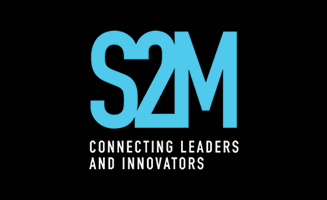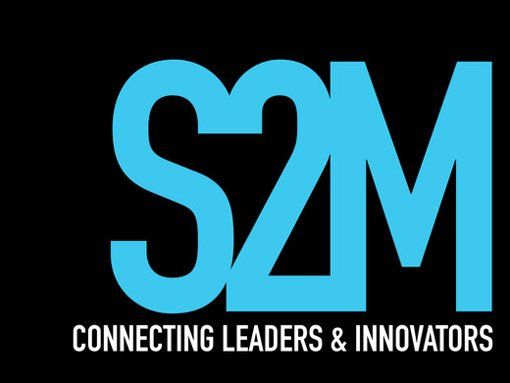Artificial Intelligence vs Machine Learning
A lot has been written on artificial intelligence lately, both in science fiction and in real life tech blogs. Many technologists seem to believe that the recent trend of machine learning startups will lead directly to a rise in artificial intelligence, eventually leading to an event that scientists and philosophers have deemed the singularity. To set the record straight, we’re here to discuss the fact that machine learning is so far from the singularity, and this event will almost certainly not happen within our lifetimes at this rate. Without further ado, I present “Machine Learning Debunked”.
What is the singularity?
The singularity is an event that has no strict definition, only that the people that would be living through it would recognise it and what was happening. The singularity is commonly defined as the point at which artificial intelligence exceeds human intelligence on earth, resulting in technological advance far beyond our means. The trigger point would be not defined by a single event, but would instead be about the triggering of a large-scale series of technological advancements that would allow mankind to go “to infinity and beyond”.
How does machine learning fit into this picture?
The common misnomer behind the term machine learning in products such as smart appliances is that they would be eventually capable of developing some form of intelligence. Machine learning itself has been occuring for a long time, and is by no means something that is new or revolutionary. Machine learning has been used currently to make small, critical pieces of software such as chatbots and analytical tools, but it has not as yet shown its true potential. Machine learning requires a starting point where the machine would have little to no information, and would need time to be able to provide utility on the learning side to the users.
Machine learning as a concept can create some startling possibilities when coupled with other technologies. The concept of the “smart home” has only recently started to come into fruition. Google’s Home or Amazon’s Alexa are just two of the many products out there in the market that can provide the home with some degree of futurism. Where machine learning may fit into the picture for example is the point where your phone’s operating system would let your home operating system know that you are upset, or have had a hard day at work, so it turns the heater on 15 minutes early for when you get in. This type of technology could get very interesting, but it does not answer the question of artificial intelligence.
Where does AI develop?
AI will ultimately develop when we as humans, who are hyper aware of the possibilities of films like “The Terminator”, “Blade Runner” or even the closer-to-home “Stepford Wives”, are able to produce the computing power to be able to do enough calculations reminiscent of the human brain. This will be no easy task, and small advances around the technologies such as quantum computing make this possibility more exciting. Machine learning by itself will only produce at best, a very sophisticated computing equivalent of a cockroach brain. We will get there one day though.






